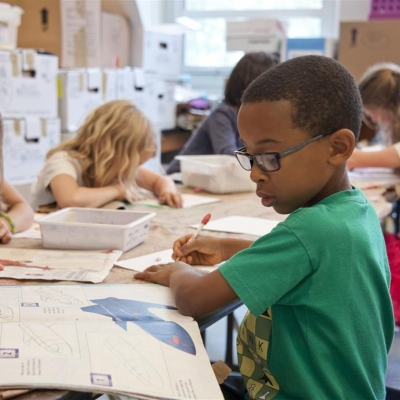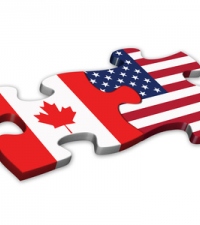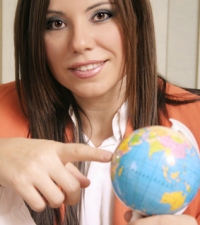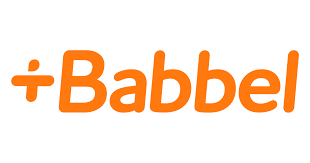International Schools in North Korea

You will probably be surprised to read that there is indeed an international school for expats in North Korea. Before the establishment of the People's Republic, an American Presbyterian mission school called "Pyeng Yang Foreign School" (founded in 1900) operated, but was closed in 1940 by the then Japanese government
Education in North Korea
Education in North Korea is universal and state-funded schooling by the government. Therefore, both primary and secondary schooling are required and free in North Korea.
The self-reported national literacy rate for citizens at age of 15 and older is 100 percent (approx.).
First, children go through one year of kindergarten. Then, they attend primary school, known as the “People's Schools,” from the ages of six to nine. Afterward, they attend a secondary school which depends on their specialties. Secondary schooling continues from the ages of 10 to 16.
The curriculum in North Korean schools focuses on the Kims. A study by the Korea Institute for Curriculum Evaluation finds students spend 684 hours learning about the current leader Kim Jong-Un, his father Kim Jong-il, his grandfather Kim Il-sung and his grandmother Kim Jong-suk.
North Korea states its education system is for “students to acquire the concept of revolution and endless loyalty toward the party and the supreme leader.”
International Schools
International schools can be the perfect solution for an expat student (multinational corporation executives, children of diplomats, NGO staff) in North Korea. There may be some local population, but the schools are usually geared for an international student body.
Admission and enrolment procedures vary from school to school. Space is often limited and preference may be given to students based on nationality. Tuition tends to be expensive based on local standards, but offers high standards of learning, boast smaller class sizes, first-rate facilities, and extracurricular. Boarding facilities are available at some schools, but most only provide day classes.
Accreditation & Membership
- The CoIS (Council of International Schools) is a non-profit association of international schools and post-secondary institutions which provides educational accreditation, teacher and leadership recruitment services, links to higher education, governance assistance and help with founding new schools.
- European Council of International Schools (ECIS) is a collaborative network promoting the ideals and best practice of international education, complemented by grants and awards.
- Council of British International Schools (COBIS) is a responsive organisation that serves, supports and represents its member schools.
- New England Association of Schools & Colleges (NEASC) is a regional accrediting association which establishes standards for all levels of education, from pre-K to doctoral.
- Agency for French Education Abroad (Agence pour l'enseignement français à l'étranger, AEFE) is a national public agency under the administration of the French government that assures the quality of schools teaching the French national curriculum outside France.
- National Association of Independent Schools (NAIS) represents over 1100 independent schools and associations in the United States and abroad.
International schools in Pyongyang
Pyongyang Foreigners School
Address: Munsudong diplomatic compound,
Pyongyang, North Korea
Tel: -
Tuition Rates: Inquire at school
The Pyongyang Korean School for Foreigners is a primary school in Pyongyang, Democratic People's Republic of Korea (DPRK), a.k.a. North Korea, exclusively for foreign children. It has also a facility for foreign children studying on secondary school level. The school is located at the Munsudong diplomatic compound in Pyongyang, the capital of the DPRK. The children who attend are mainly dependents of the diplomatic community and the United Nations agencies in the country, although also children of foreign businessmen, mainly Chinese, have been joining the school. All teachers are Korean and the language of instruction is English. In the early 1990s the official name in English of the school was "Pyongyang Foreigners School", which is the straight translation of the name of the school in Korean which did not change.
Russian School
The Russian Embassy (built on the former site of the old missionnary school) includes a Russian school open for all foreign children of the diplomatic community, with Russian as the language of instruction.
- My Life Abroad -
A selection of expat stories

"A fun compulsive read!"
J. Matcham, Amazon
"I strongly advise people ready to live abroad to read this book!"
Patrice, Amazon

 5 Top International Education Systems For Expat Kids
5 Top International Education Systems For Expat Kids Same language, different ball-game
Same language, different ball-game Finding a job after earning your TEFL Certificate abroad
Finding a job after earning your TEFL Certificate abroad Babbel
Babbel